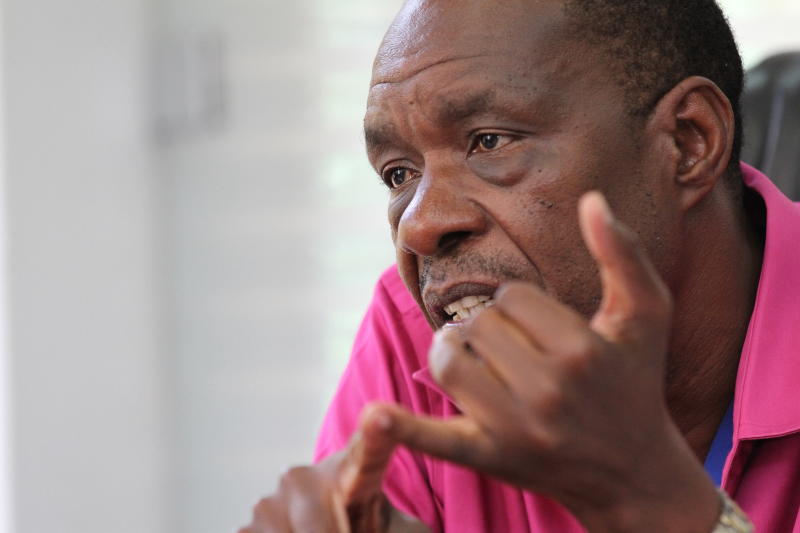×
The Standard e-Paper
Kenya’s Boldest Voice

Peter Kahi is an insolvency practitioner. Has been for 32 years. In business circles he is known as the ‘corporate mortician’ because he has buried many a business.
But his job is very much like that of an emergency doctor; he can either resuscitate a dying business or let it go peacefully. He’s in a select class of just over 20 insolvency practitioners in Kenya who are called upon when companies are in critical condition.